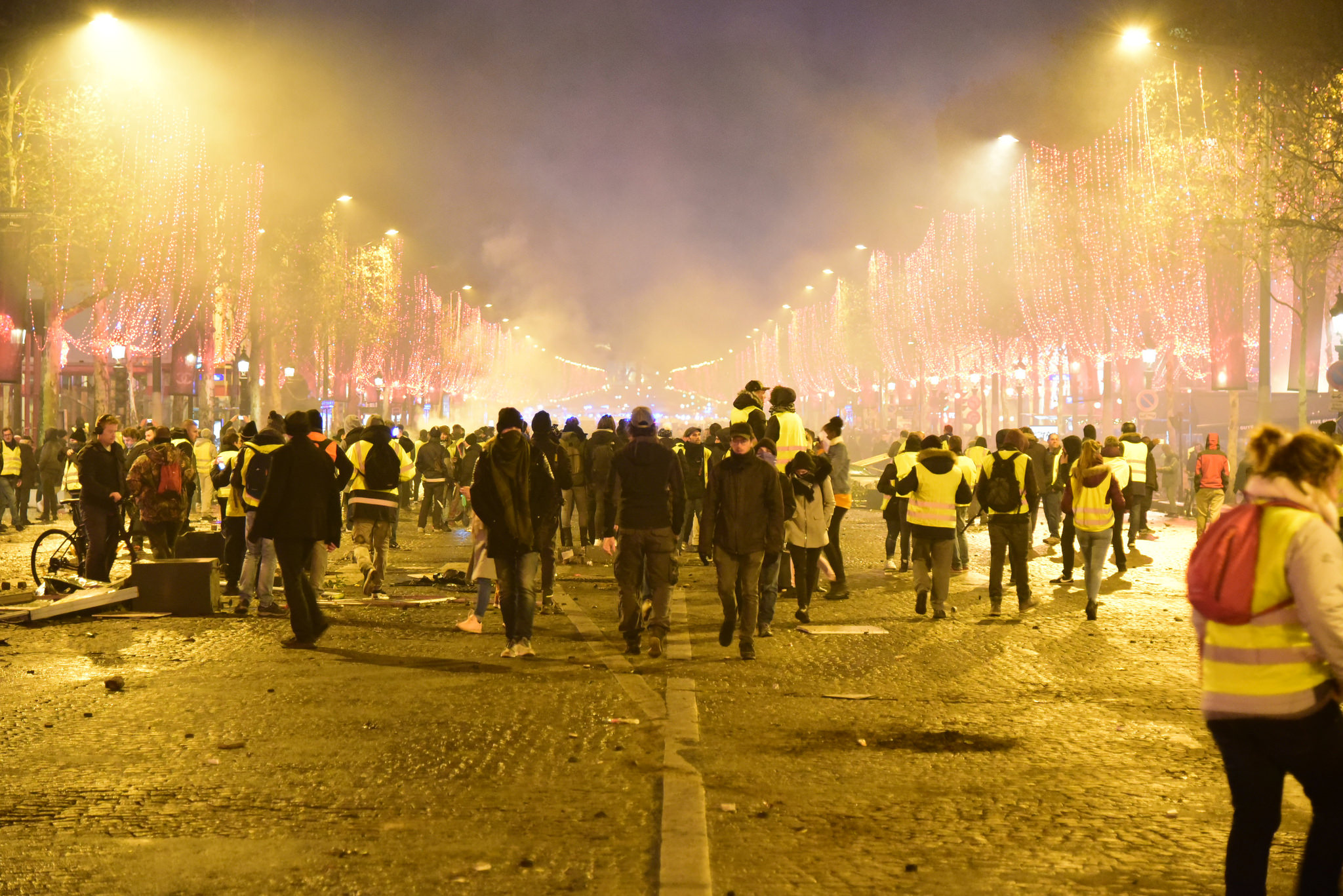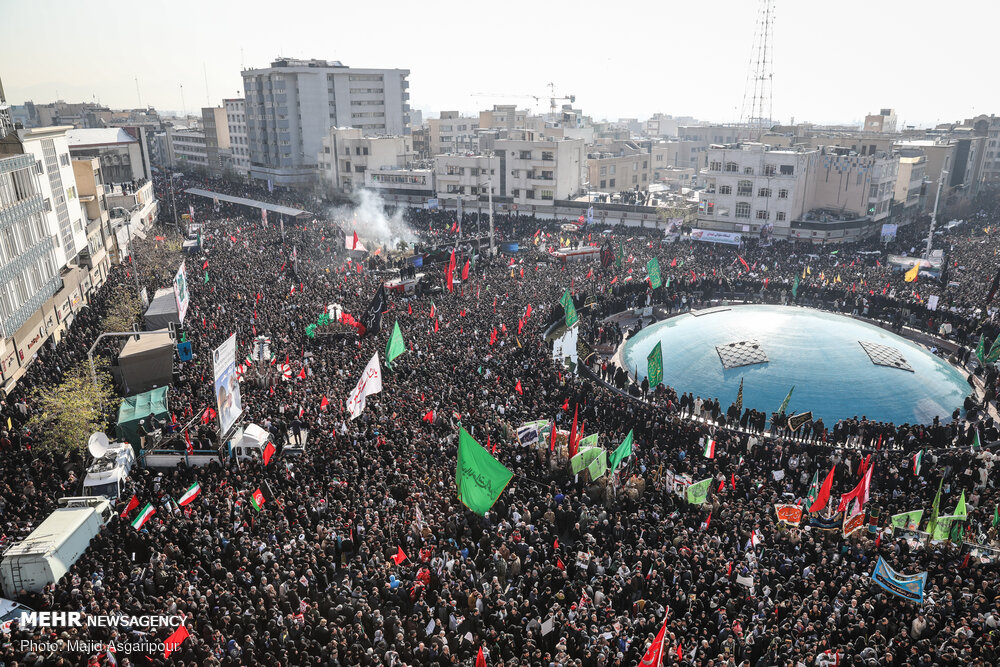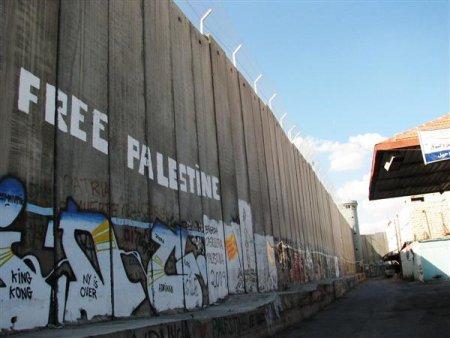Guest post by Evan Perkoski and Jeremy Pressman
Israeli prime minister Benjamin Netanyahu, campaigning ahead of legislative elections on September 17th, promised to annex parts of the West Bank. Were that to happen, some or all of the hypothetical State of Palestine would no longer be available to the Palestinian people, and would instead remain under Israeli sovereignty. Annexation, in other words, would be a fatal blow against the possibility of Palestinian national self-determination and a two-state solution.
Will Netanyahu’s controversial rhetoric spark violence? Though Netanyahu’s statements seem electorally motivated (Netanyahu, who leads the right-wing Likud party, failed to form a coalition after elections in April 2019, prompting the snap election last month), recent research suggests that national leaders’ rhetoric can have unintended effects and even lead to political violence. Similar claims have also been leveled against US President Donald Trump, with some arguing that his commentary through tweets and speeches has made white supremacist violence more likely in the United States. Interestingly, none of Netanyahu’s or Trump’s rhetoric is itself explicitly violent, but by inflaming tensions or condoning marginalized views, leaders’ words may embolden those inclined towards violence.
Beyond rhetoric, would large-scale annexation in the West Bank spark violence? Yes—it might. While this idea has been broached before, it would directly and unilaterally undermine the already low possibility of a two-state solution. By taking a core piece of the future State of Palestine off the table, it is difficult to imagine how a long-term, peaceful resolution based on a territorial division could be found. Indefinite denial of that national claim, however, sets the stage for more violence.
Annexing parts of the West Bank may also accelerate Israel’s illiberal slide. A single anti-democratic initiative will often seep into multiple areas of civic and political life. Illiberalism toward Palestinians in the West Bank and Gaza, for instance, could also affect how the Israeli government views and treats Palestinian citizens of Israel, as well as how the government deals with its Israeli Jewish political opponents. On top of that, in July 2018 the Knesset passed the controversial nation-state law, which affirms Israel’s identity as a Jewish state. Taken together, these events raise obvious—and alarming—questions about the rights and roles of non-Jews living in Israel and undermine basic democratic principles of fairness and equality. Moreover, this illiberal slide could reach a tipping point that provokes a sustained, organized response. Would a movement emerge, perhaps a combined Israeli Jewish and Palestinian movement, to reverse this trend? While plausible, such a movement would require at least two major changes: explicit, broad-based Palestinian acceptance of partnering with Israeli Jews to overcome occupation, and a rejuvenation of the Israeli left.
Over time, Israel may decide simply to continue to bury the question of Palestinian statehood by perpetuating a precarious status quo. So why can some states ignore nationalist claims with relatively little resistance while others—like Israel—face prolonged violence and end up relying heavily on coercion and repression? All states face significant incentives to resist nationalist demands, which helps to explain why denial is the typical response (think Xinjiang, Hong Kong, Tibet, Aceh, Georgia, Chechnya, Kosovo, Kashmir, Northern Ireland, and Kurdistan). States may fear that conciliation will establish a precedent for other breakaway regions, and may worry about potential economic and material losses.
Self-determination claims become costlier to ignore, however, when nationalist ideals are strong and widely-held, as they are in Palestine, which has made this a core, persistent issue in Israeli politics. When nationalist claims reach a certain point—when they are activated and strengthened as they are in Palestine and elsewhere—the ability to ignore them often comes at a heavy, human price. The Palestinian national movement is a textbook case of a movement that has gone too far and received too much acknowledgement or reinforcement globally to simply wither away. It reminds us of many other cases where the refusal to engage or accommodate a claim for self-determination or significant autonomy goes hand in hand with long-term violence and the denial of basic political rights (like some of the cases mentioned above); governments continue to estimate that resistance and repression are worthwhile.
What would it take for Israel to fundamentally change their strategy vis-à-vis Palestine and pursue accommodation rather than repression? Governments have choices for how they respond to nationalism claims, with some opting for accommodation, to varying degrees, either in place of, alongside, or after repression and denial. Sometimes these changes are spurred by other political developments, such as democracy’s arrival to Spain in 1978; other times they happen more gradually, as occurred in Northern Ireland with the Good Friday Accords. Conflict is not inevitable, and Israel has shown this in the past when in 1993 it signed the Declaration of Principles, Oslo I with the Palestine Liberation Organization. While we cannot say for sure whether, and when, a similar initiative will again be possible—although it appears unlikely—one thing is certain: one-sided and politically driven campaign promises that aim to rile ethnic and religious tensions for personal gain will only make things worse.
Evan Perkoski is an assistant professor of political science at the University of Connecticut. He conducts research on the internal dynamics of armed groups and the strategies of violent and nonviolent resistance. Jeremy Pressman is an associate professor of political science and director of Middle East Studies at the University of Connecticut. His book, The Sword is Not Enough: Arabs, Israelis, and the Limits of Military Force, will be published in early 2020 by Manchester University Press.







